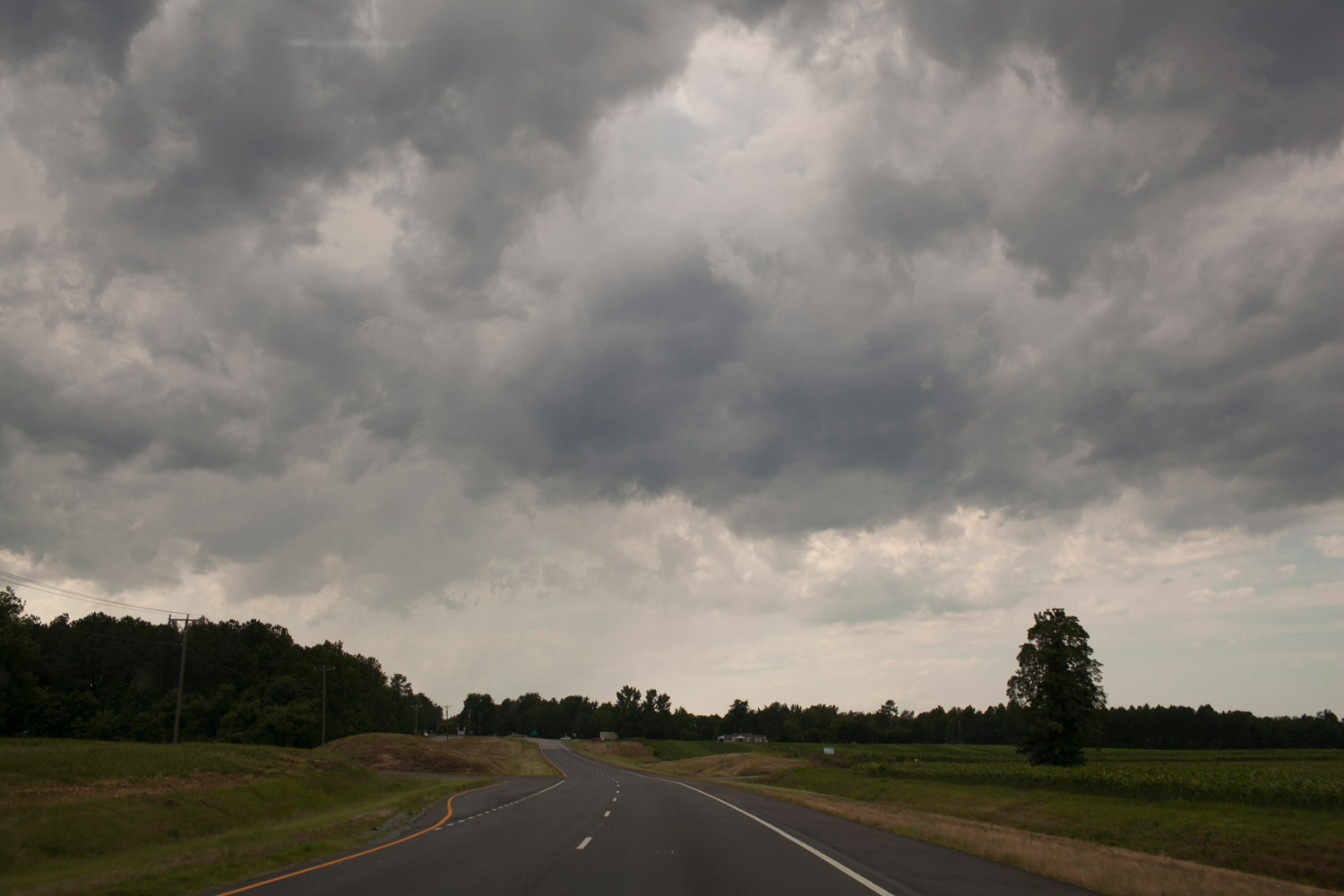
“The campaign is in a lull. The wars overseas are winding down. Washington is paralyzed. I’ve loaded up my iPod with some new songs. There’s nothing to do but….hit the road!”
With that, veteran TIME political columnist Joe Klein began his three-week, eight-state road trip, which ended last Friday. Klein has made this sampling of the country’s political climate a yearly tradition. This time around, TIME sent three of the magazine’s contributors to accompany Klein for different legs of the journey. Here, LightBox presents a selection of their work as well as their thoughts from across America.
What was the single most memorable experience you had on the trip?
Andrew Hinderaker: In Richmond, Virginia, at a Narcotics Anonymous meeting in a Drug Rehabilitation Center, we met a woman who’d struggled with addiction since age nine. She was a convicted felon, and now, in her 40’s, was 21 months clean. She’d recently convinced a friend to allow her to farm a piece of land. For someone like her, whose addiction left her reliant on medical care most of her life, President Obama’s healthcare legislation meant for her a fresh start. With affordable healthcare, she could be a small business owner, a farmer, an active, contributing citizen; without it, she’s just a recovering addict. We learned her story because another man at the meeting expressed his disdain at the Healthcare Reform Act. We got to watch their argument, and this woman’s story change a man’s mind. It certainly proved Joe’s point about getting to know one another; perhaps the government should sponsor free coffee and organize meetings once a week with a group of local strangers.
What was the economic and political mood of the parts of the country you visited?
Katy Steinmetz: People seemed disappointed and exhausted by the political and economic state of things in America. Many were hopeful, but more were resigned—past anger and yearning for a little compromise.
What was the #1 problem facing the people you met?
Pete Pin: This was dependent on class. For a group of upper middle class voters in Charleston, West Virginia, they were most concerned with the visceral partisanship of the country and the future of the health care law. For rural voters in Jackson and Newcomerstown, Ohio, they were most concerned with jobs and social ills.
What was their #1 reason for hope?
Pete: Community at the local level. I learned that in spite of the partisanship and bickering in Washington, people genuinely believed that things can and will get better, not because of intervention by the federal government, but rather because of the community coming together at the local level.
What is the national character? Are there uniquely American traits?
Pete: The singular thread I found was an overwhelming sense of self-reliance. Liberalism in the classical sense, John Stuart Mill.
Andrew: Everyone likes barbeque.
Did you return from the trip more or less optimistic about the future of the country?
Andrew: Certainly more optimistic. One of the things that struck me most about the places that we visited was all the conversation. In all these pockets of America, folks more than willing, eager even, to talk and debate reach new conclusions. I don’t think it’s the impression you’d get of our citizens from watching the nightly news, but it’s something I observed in every niche.
Andrew Hinderaker is a former TIME photo intern and a photojournalist whose work has appeared in TIME, The Wall Street Journal and New York Magazine.
Pete Pin is currently the international photo intern at TIME and a photographer whose work has also appeared in The New York Times and Forbes.
Katy Steinmetz is a reporter in TIME’s Washington bureau.
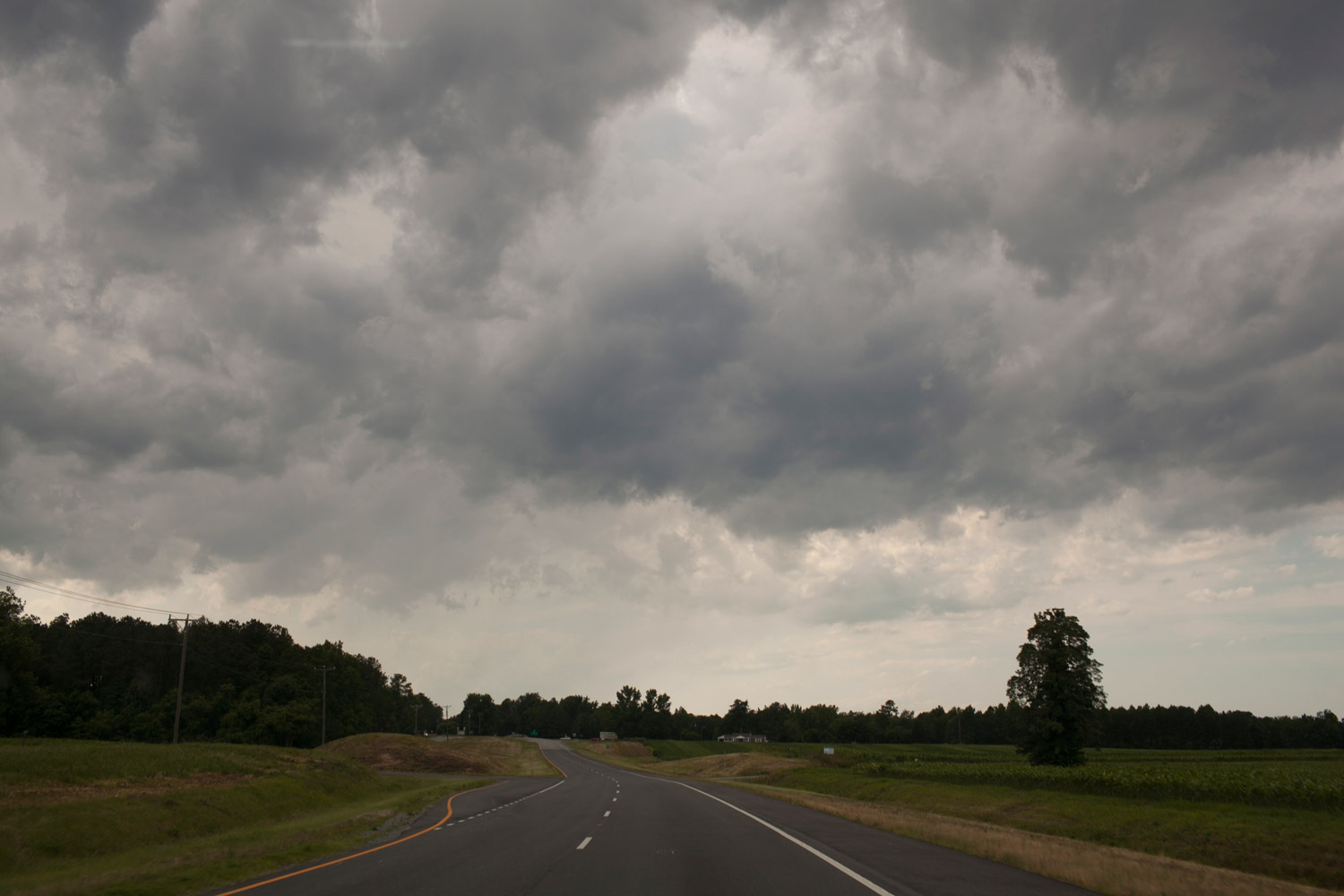
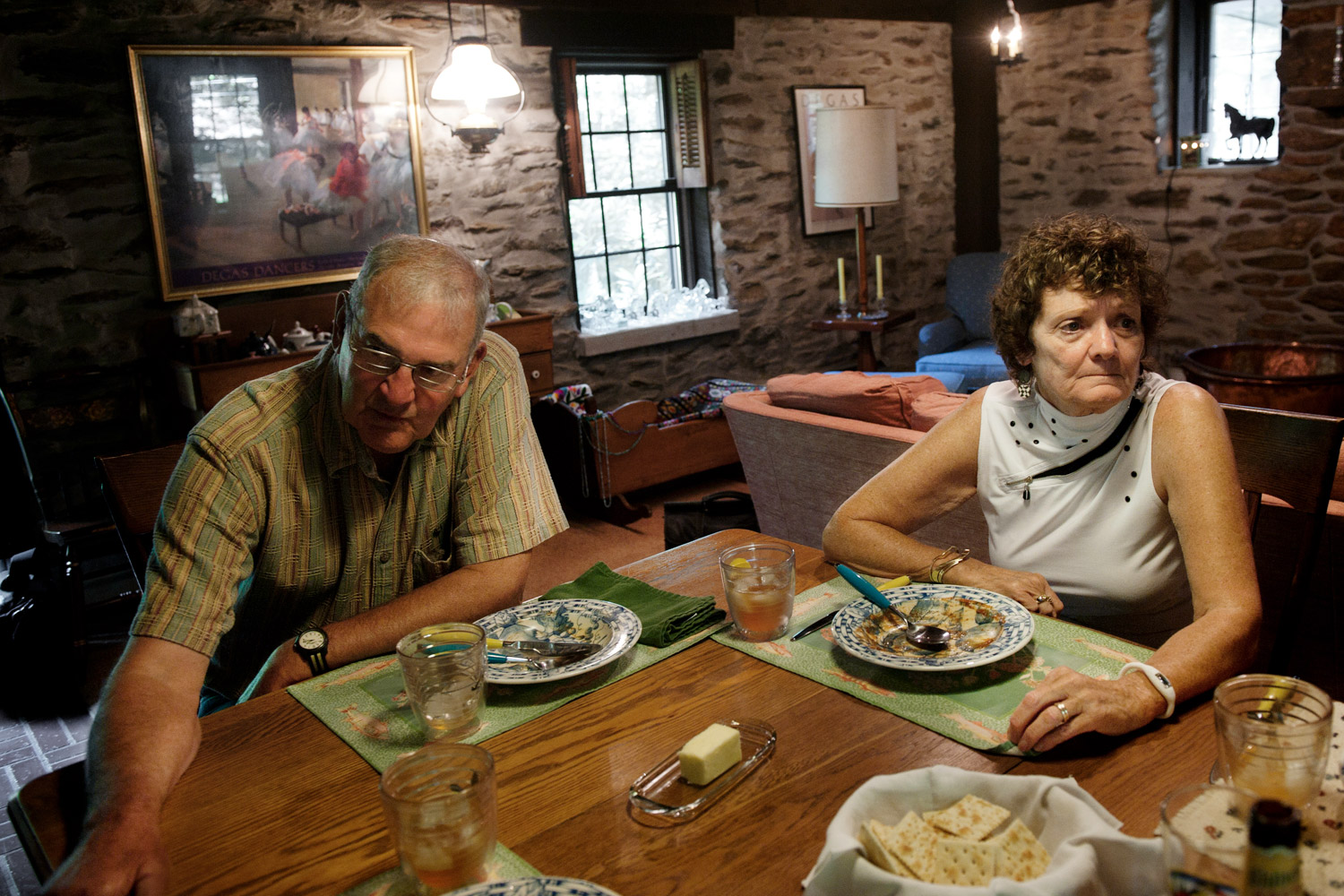
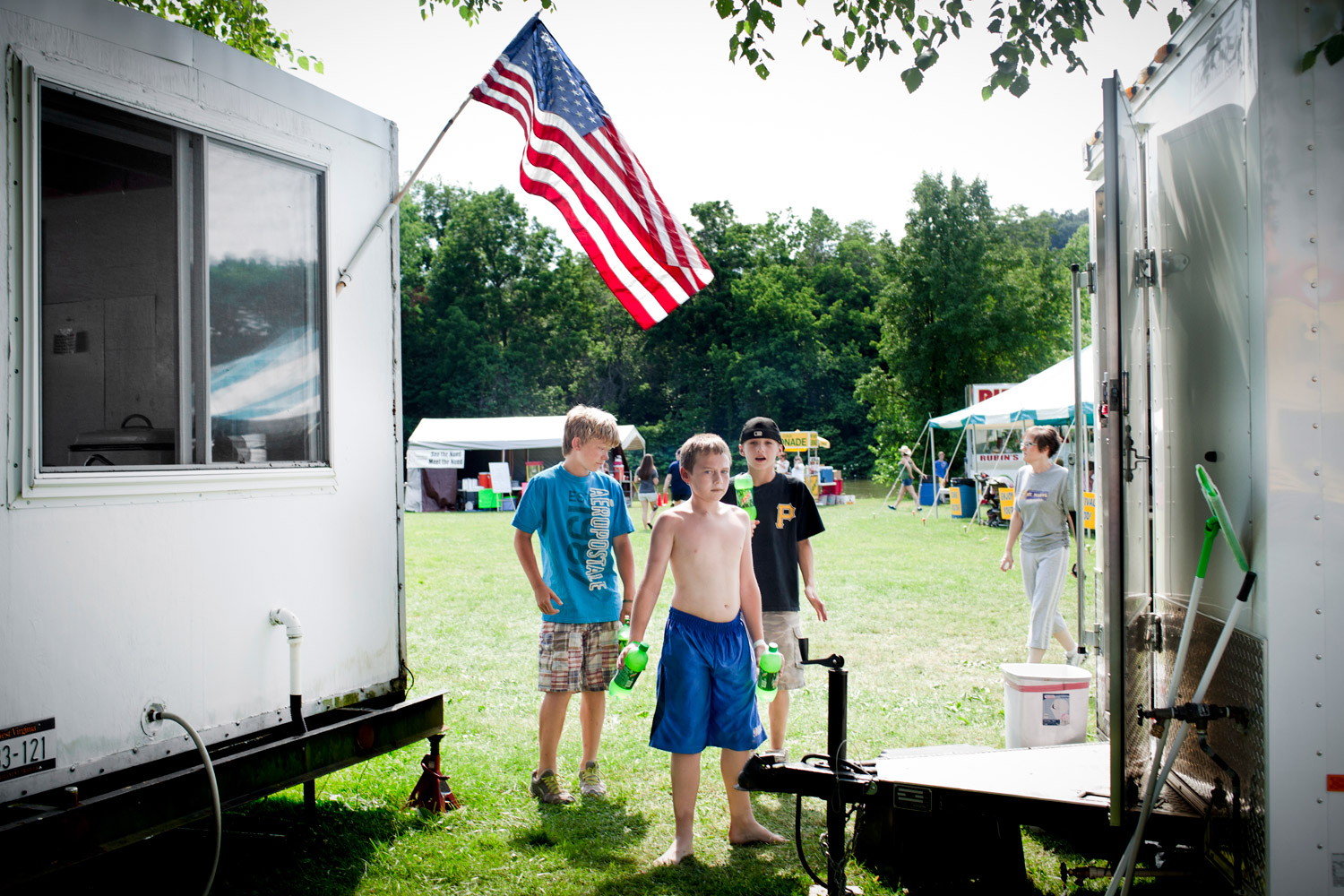
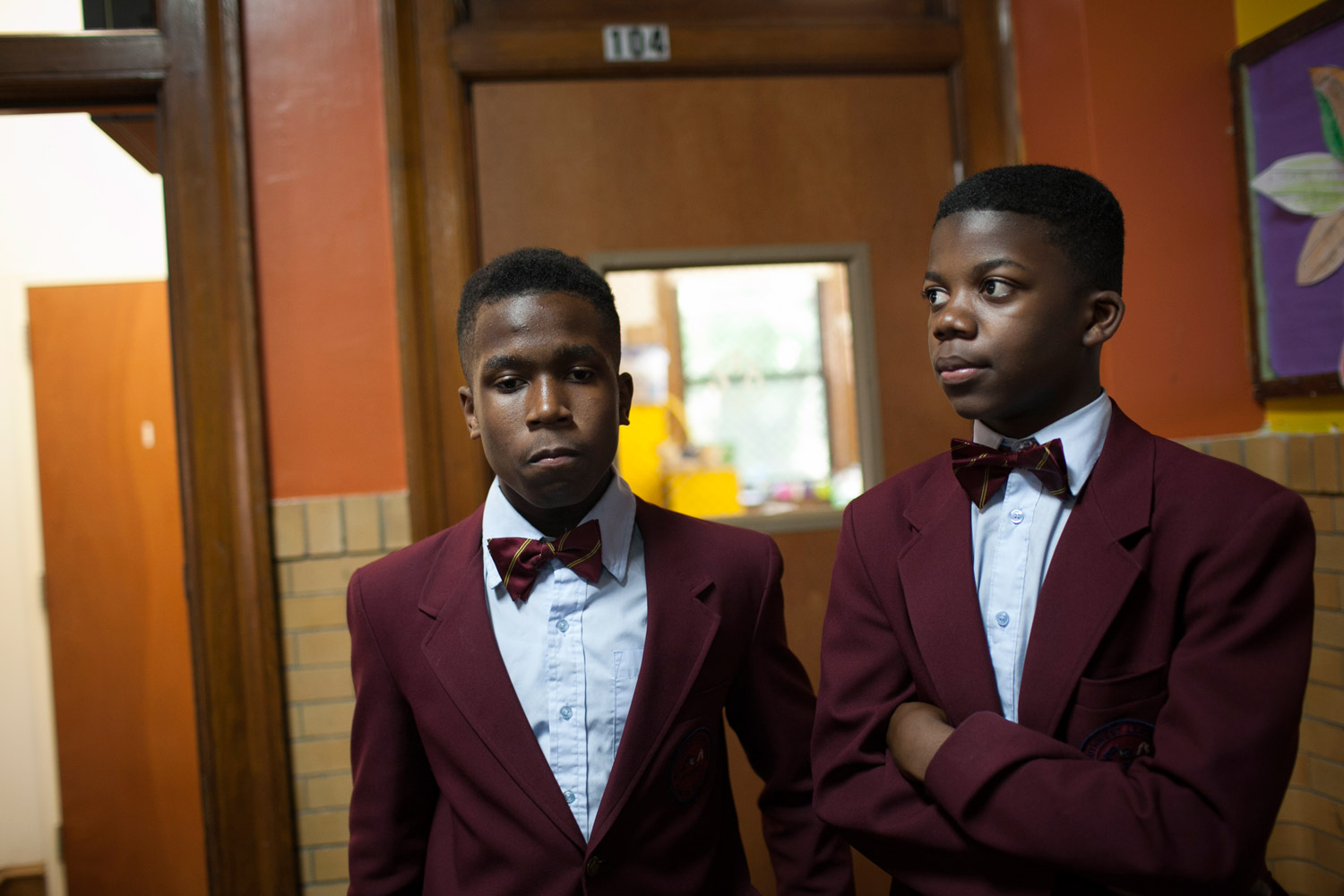
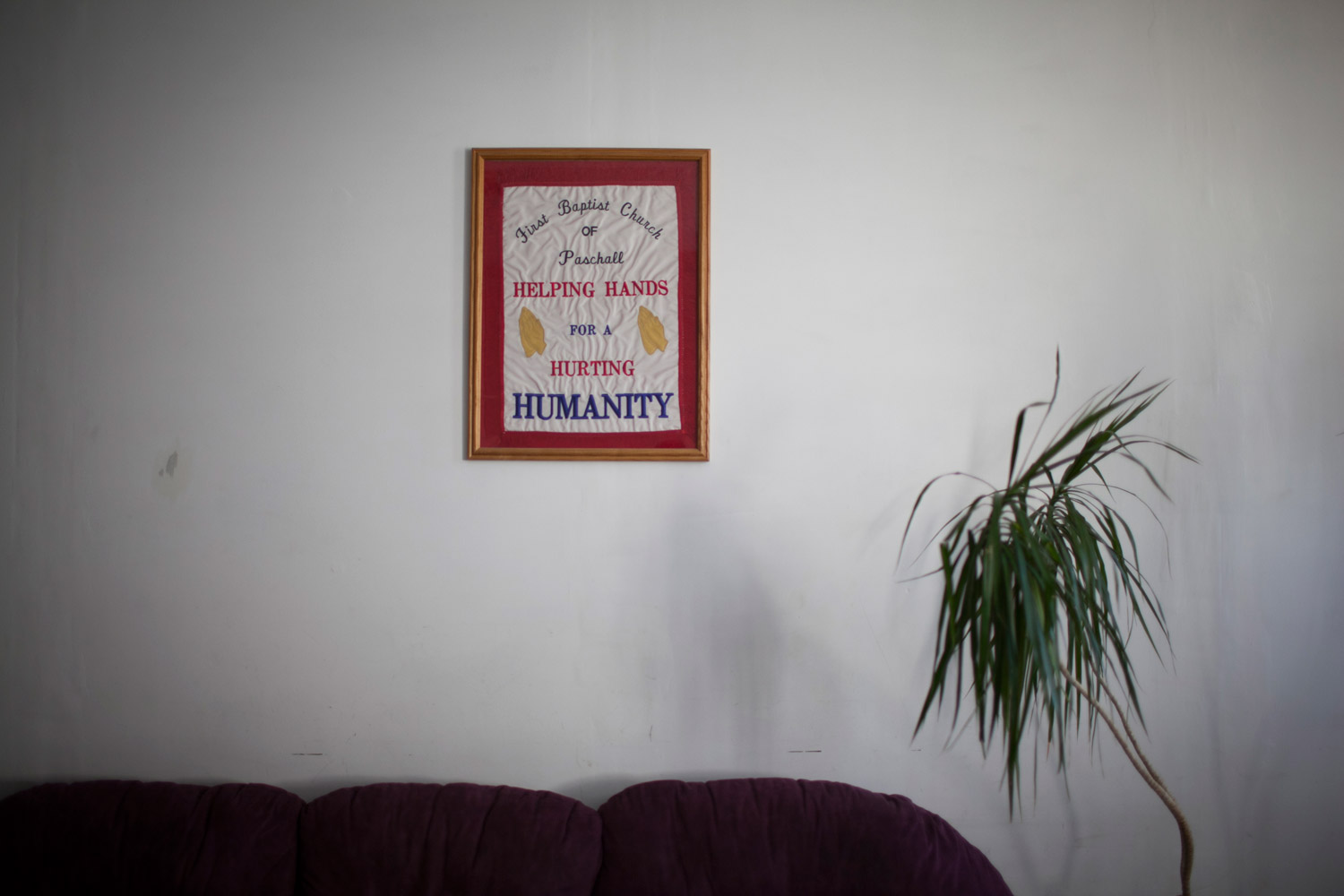
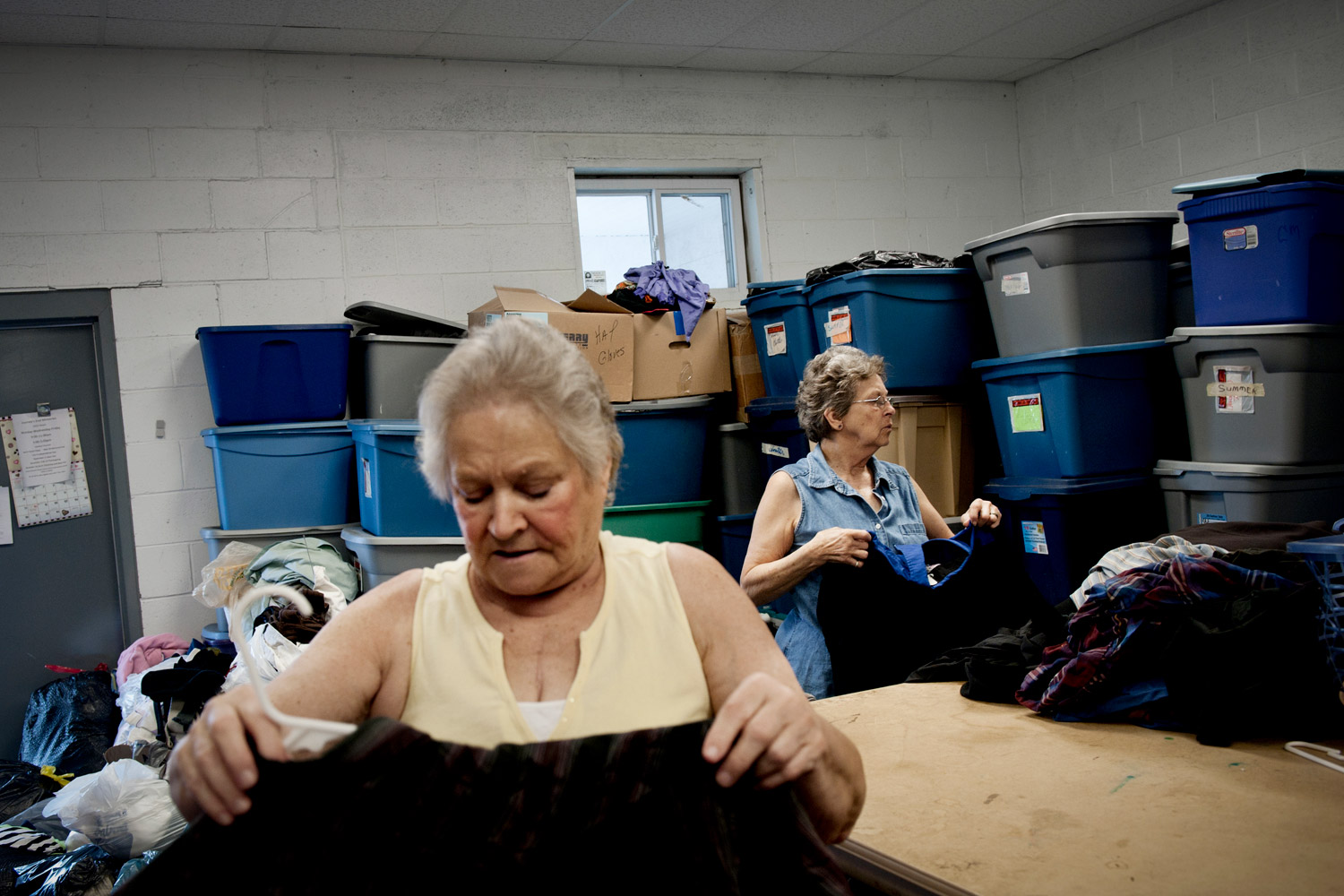
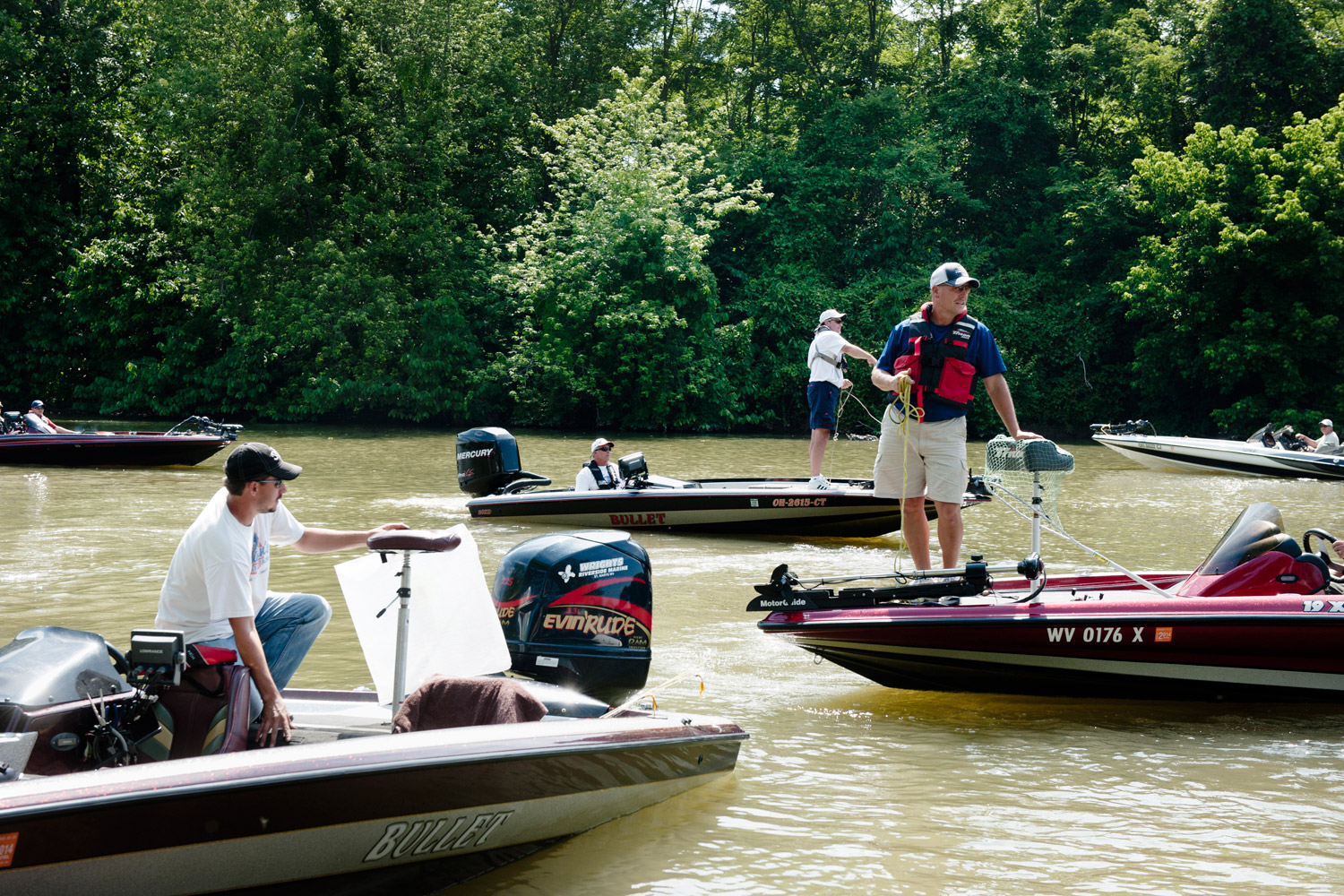
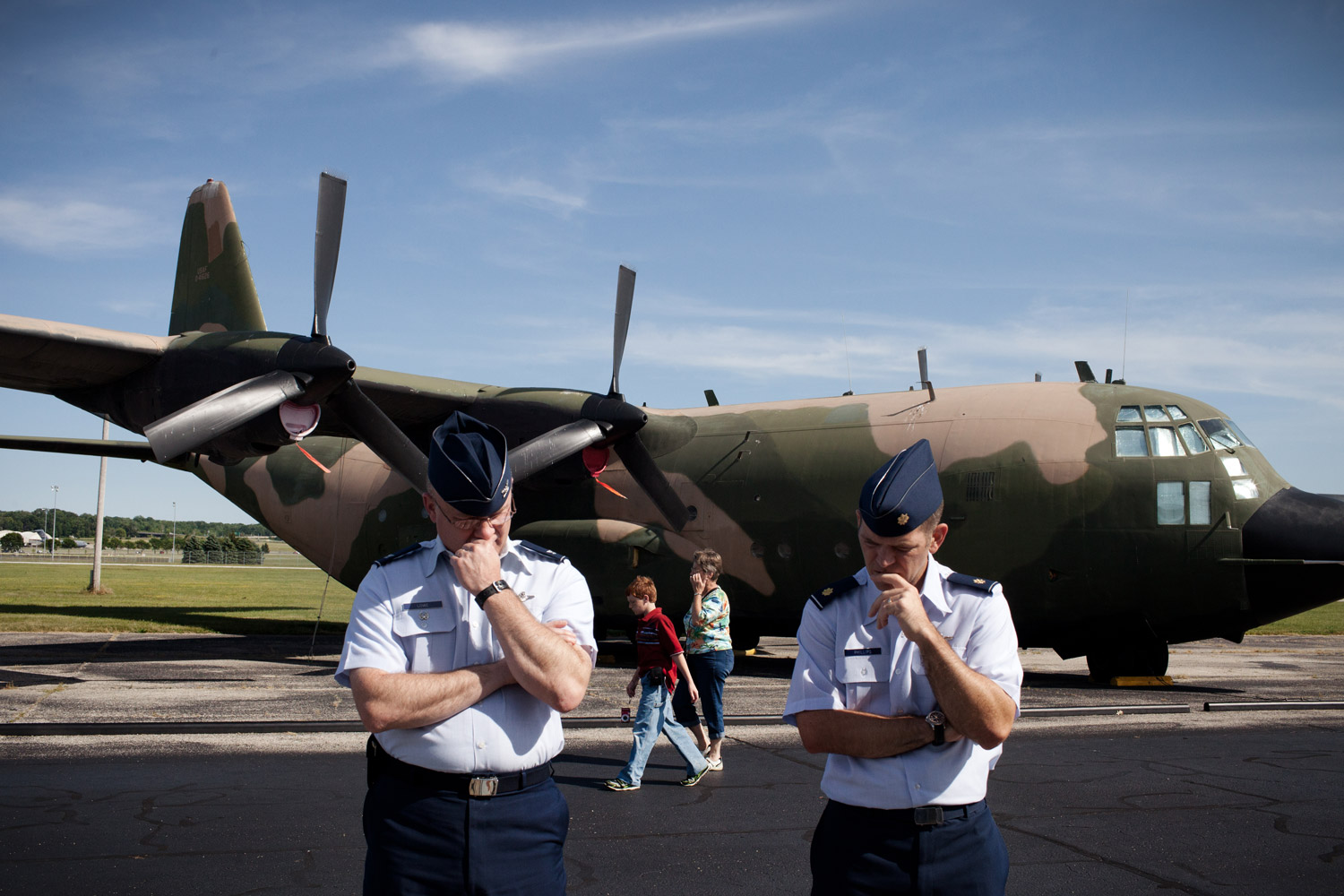
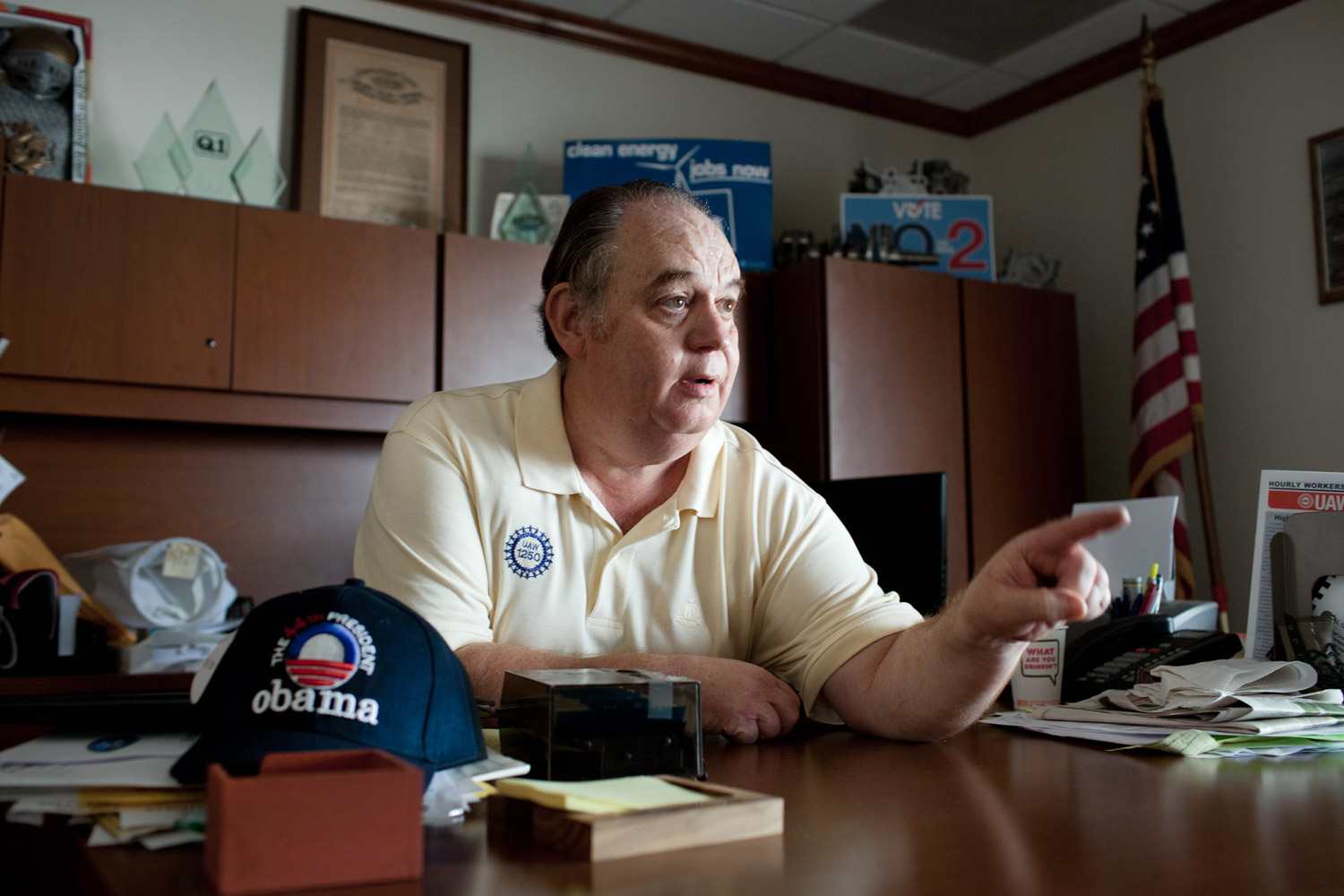
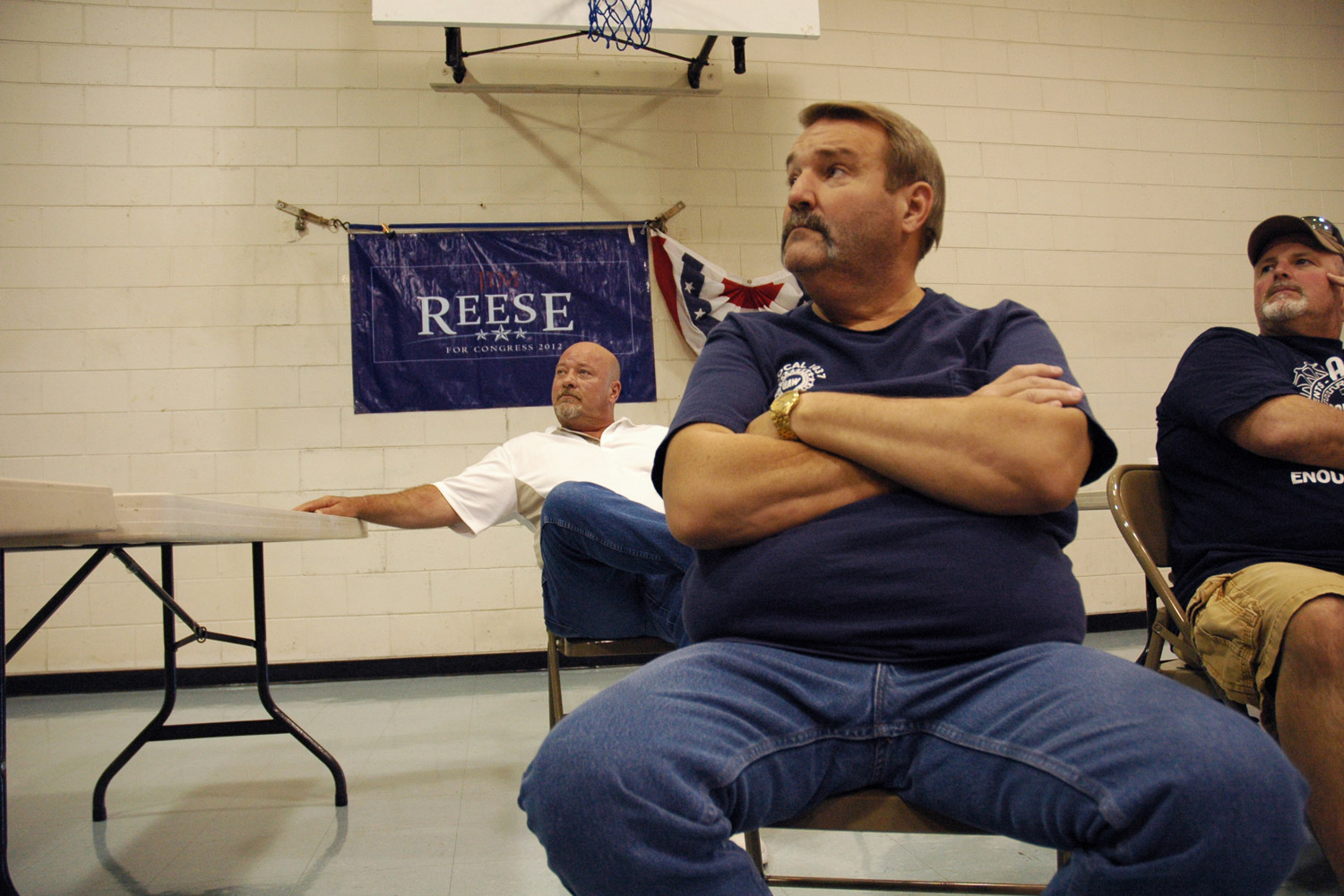
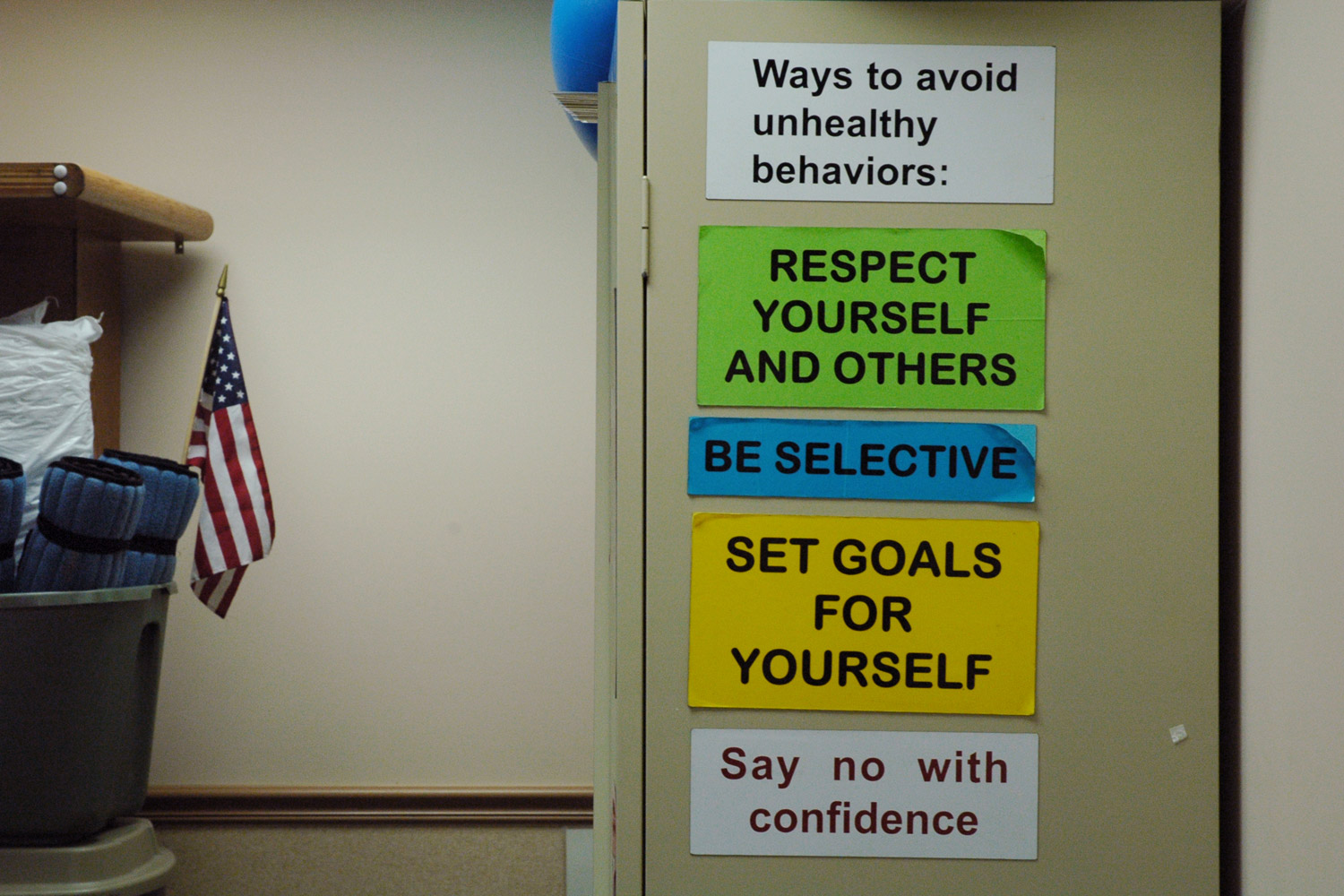
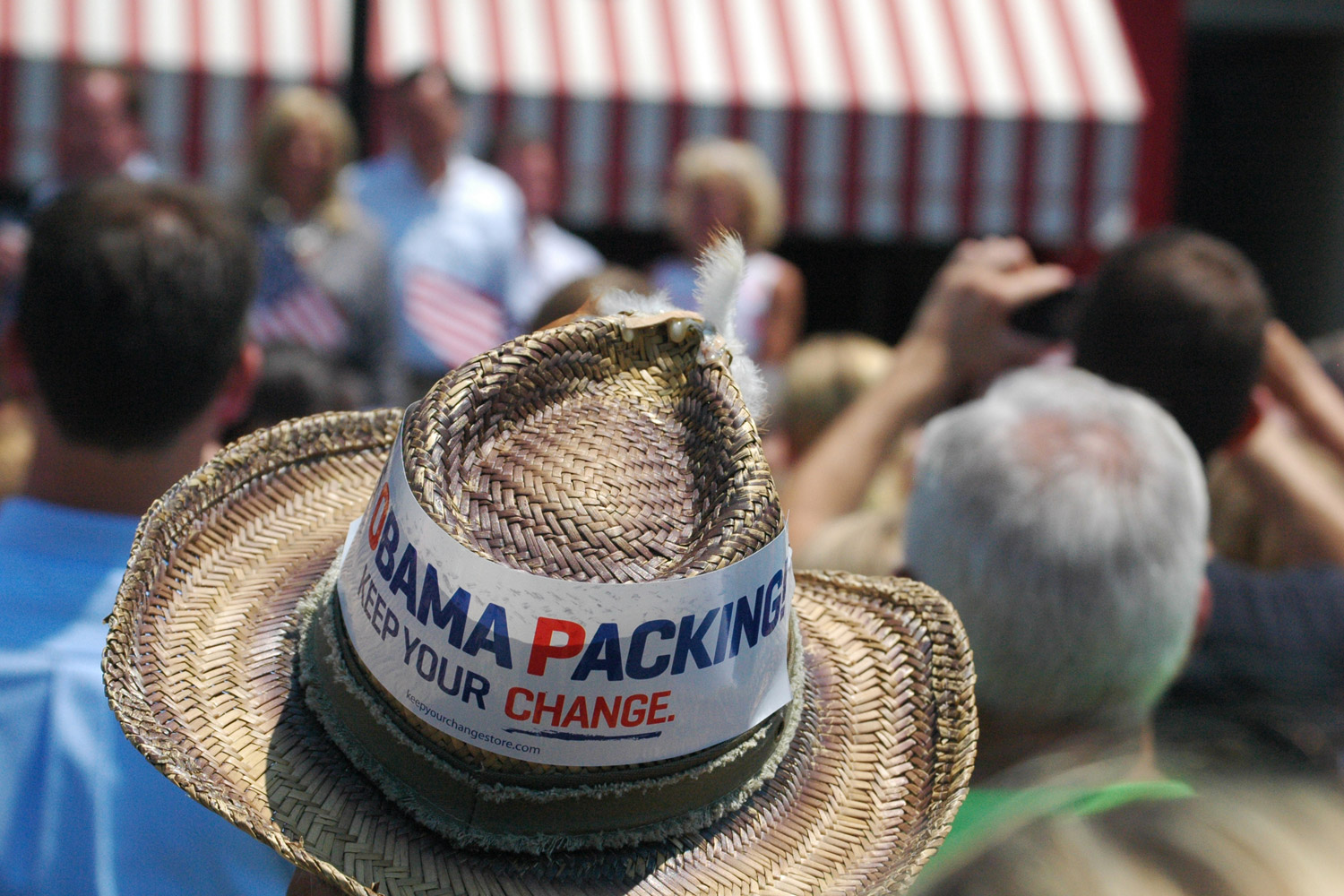
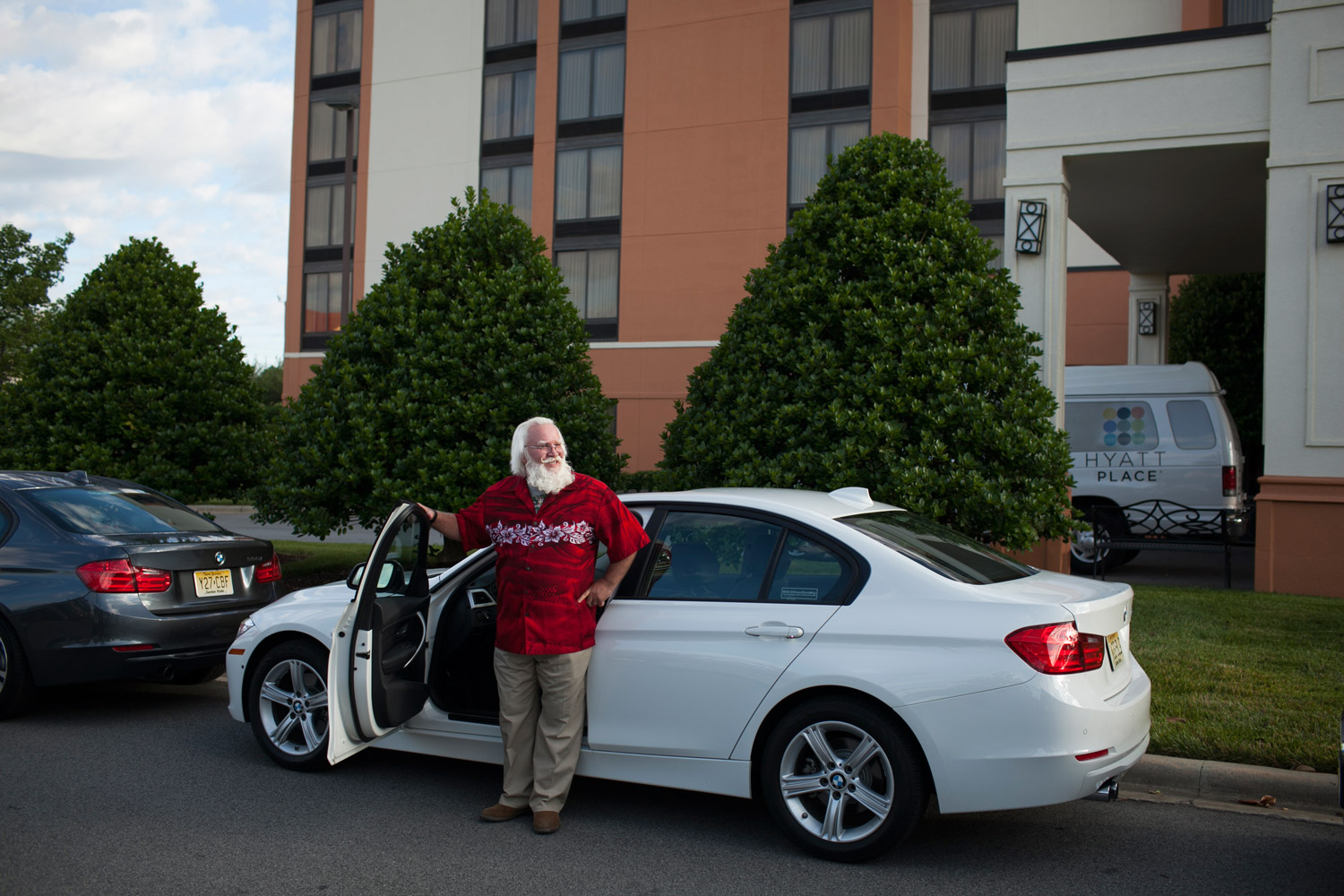
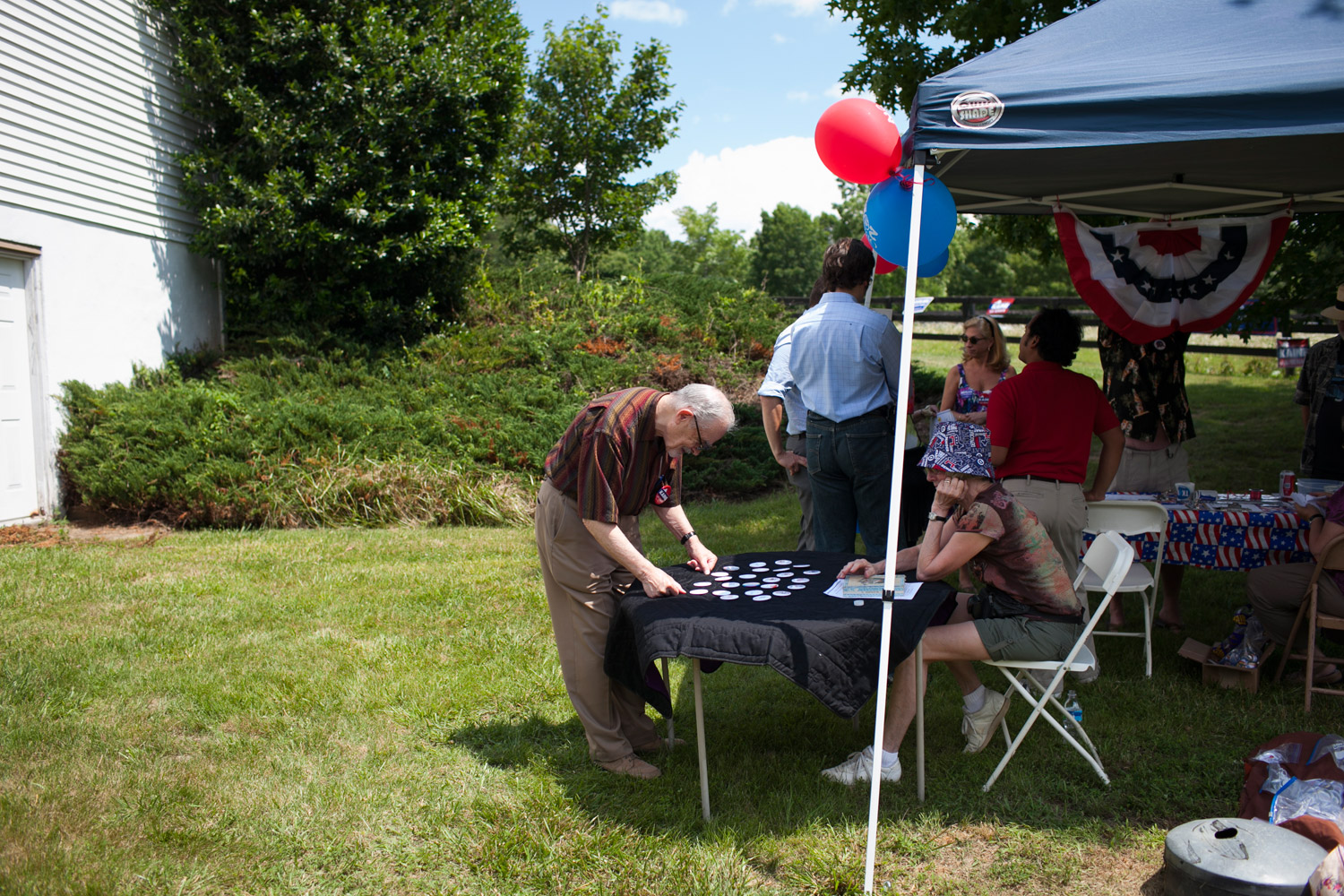
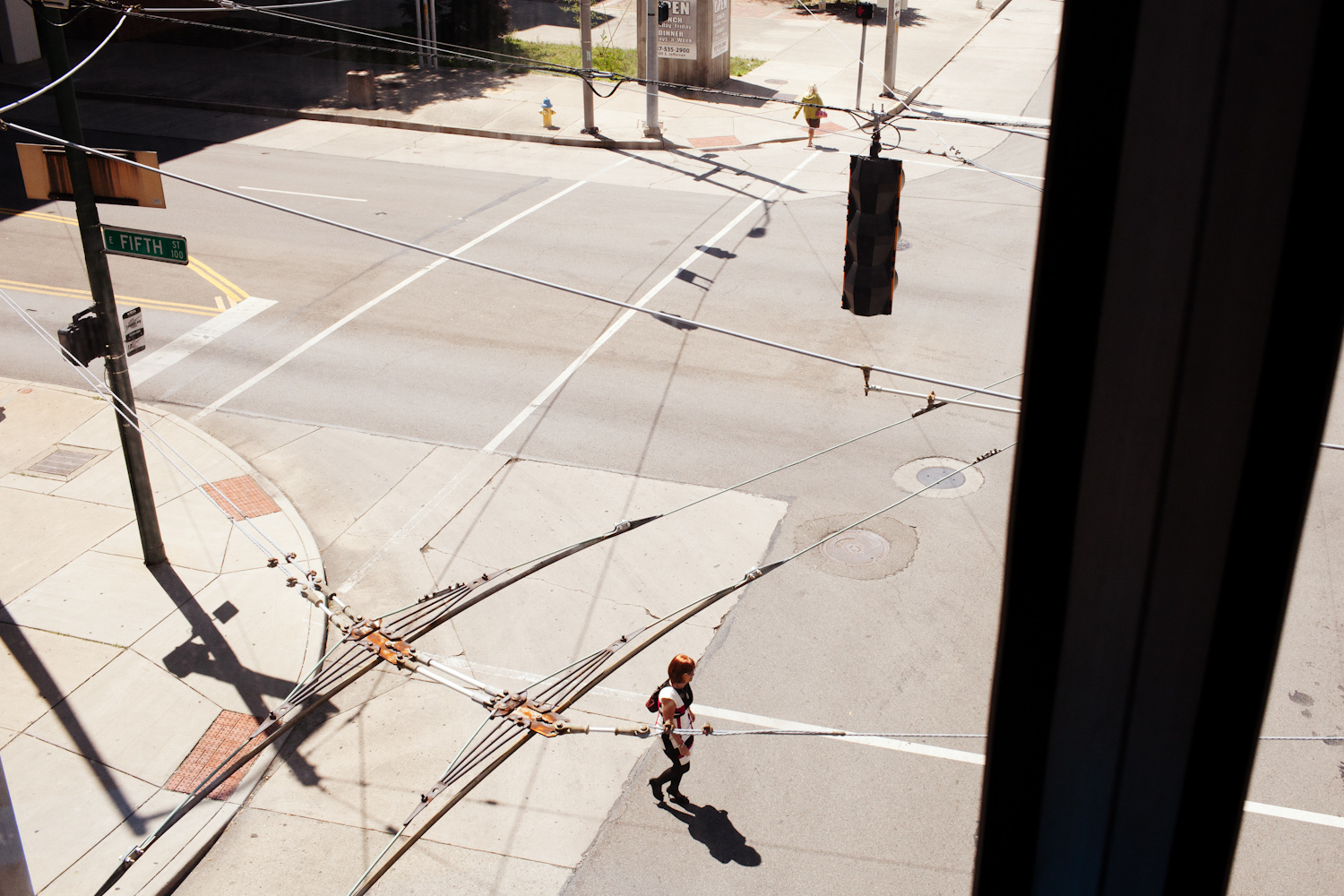
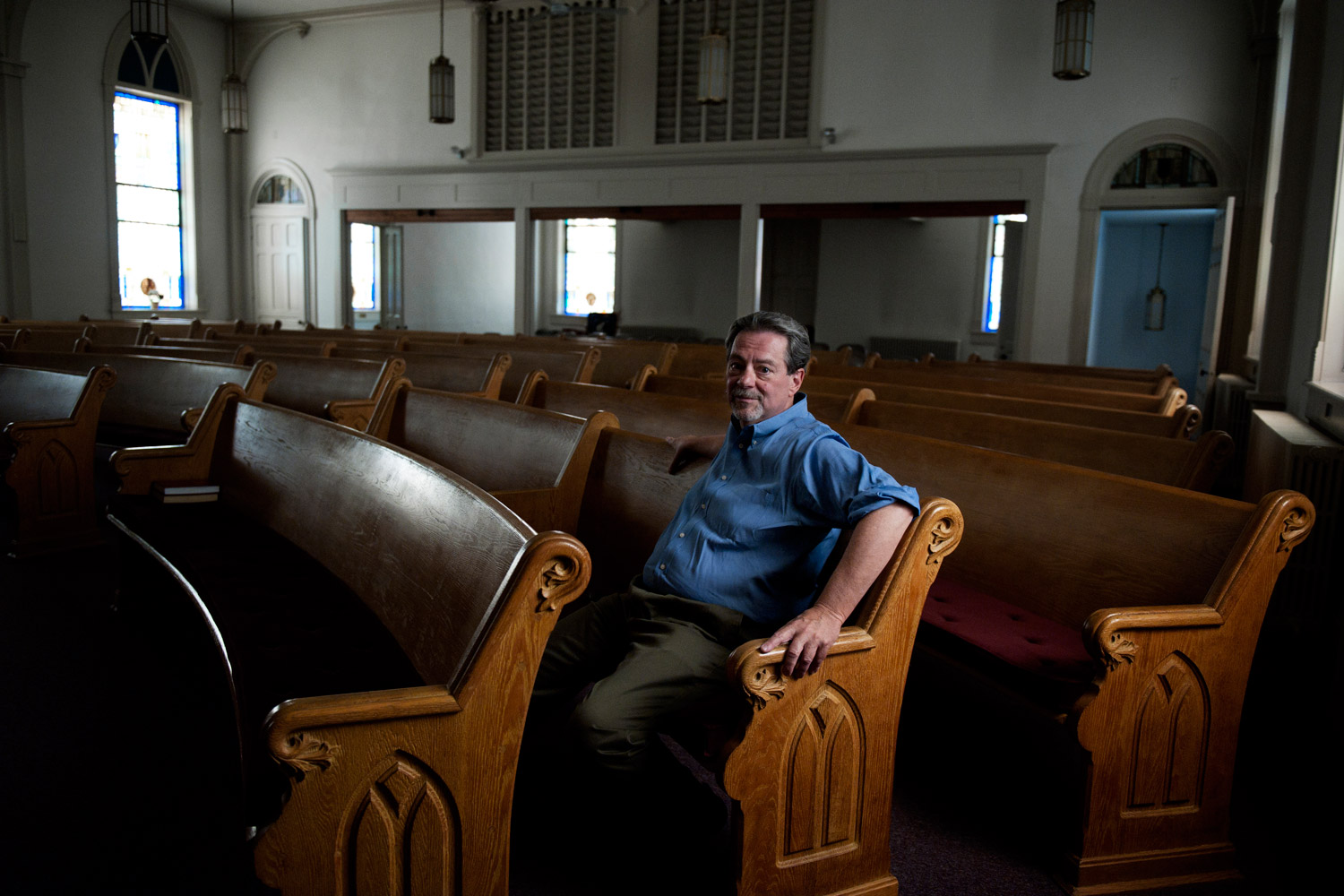
More Must-Reads from TIME
- Donald Trump Is TIME's 2024 Person of the Year
- TIME’s Top 10 Photos of 2024
- Why Gen Z Is Drinking Less
- The Best Movies About Cooking
- Why Is Anxiety Worse at Night?
- A Head-to-Toe Guide to Treating Dry Skin
- Why Street Cats Are Taking Over Urban Neighborhoods
- Column: Jimmy Carter’s Global Legacy Was Moral Clarity
Contact us at letters@time.com